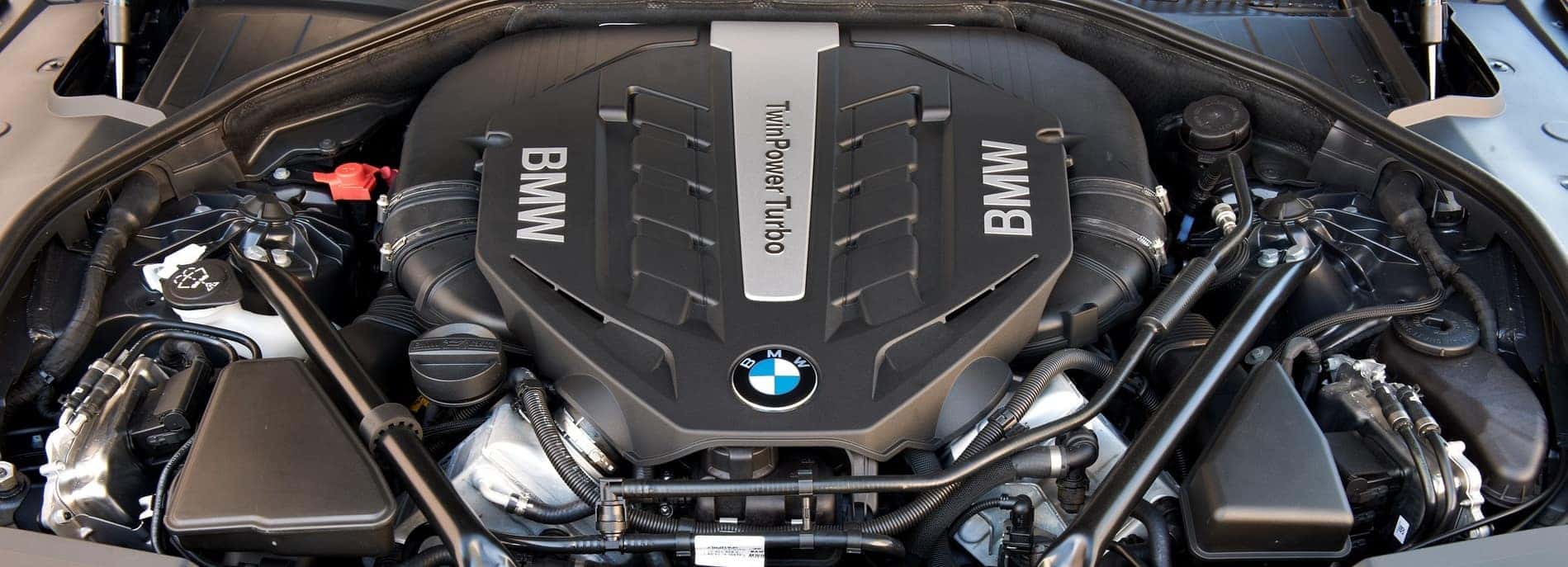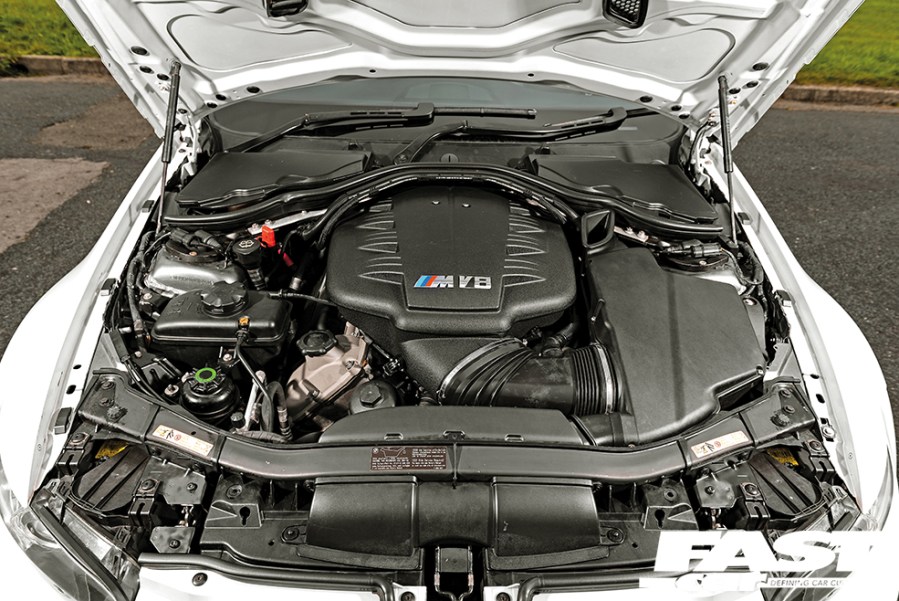Discovering the Performance Enhancements of the most up to date BMW Engine Models
Discovering the Performance Enhancements of the most up to date BMW Engine Models
Blog Article
Introducing the Intricacies of Next-Generation Power Units: a Deep Dive Into Advanced Engine Styles and Advancements
As we stand on the precipice of a new age in transportation, the ins and outs of next-generation engine styles beckon us to discover the advanced innovations and developments that promise to redefine the driving experience. Digging deeper right into the realms of emission control, smart engine monitoring systems, and the perspective of power system growth, we find ourselves on the cusp of a makeover that assures to reshape the landscape of flexibility as we understand it.
Development of Engine Materials

The shift towards progressed engine products has actually also allowed designers to create engines with higher power results while maintaining gas effectiveness standards. For instance, the use of lightweight products minimizes the general weight of the engine, causing boosted gas economic situation and reduced discharges. In addition, developments in materials modern technology have actually allowed for better thermal monitoring within engines, resulting in enhanced integrity and longevity.
Turbocharging and Supercharging Technologies
Exactly How do Turbocharging and Supercharging Technologies change engine efficiency and efficiency in contemporary cars? Turbocharging and turbo charging are innovations that considerably enhance engine efficiency by boosting the amount of air consumption into the combustion chamber. Turbocharging achieves this by utilizing a wind turbine driven by exhaust gases to pressurize the intake air, while supercharging utilizes a belt- or chain-driven compressor to achieve the same impact.
These innovations enable smaller, a lot more fuel-efficient engines to produce power equal to larger ones, called downsizing. Forcibly even more air right into the cylinders, turbocharging and turbo charging enhance burning efficiency, leading to boosted horse power and torque result without a substantial boost in engine dimension. This causes much better velocity, towing capacity, and general driving efficiency.
In addition, turbocharging and turbo charging add to enhanced fuel efficiency by enabling the use of smaller sized engines that take in much less fuel under typical driving problems - bmw engine. This mix of enhanced performance and efficiency has actually made turbocharging and supercharging integral elements of lots of modern-day engine designs
Exhaust Control and Environmental Influence
With boosting worldwide issues regarding air top quality and ecological sustainability, the application of discharge control modern technologies in automobiles plays a critical role in reducing damaging contaminants launched right into the environment. Modern lorries are outfitted with advanced emission control systems that help lessen the click environmental influence of automobile procedures. Catalytic converters, for example, are created to transform poisonous gases such as carbon monoxide, nitrogen oxides, and hydrocarbons into much less harmful materials like co2 and water vapor.
In addition, advancements in engine technology, such as the integration of exhaust gas recirculation systems and discerning catalytic decrease, have dramatically added to lowering exhausts. These modern technologies function in tandem to enhance burning effectiveness and lessen the release of unsafe contaminants right into the air. In addition, the growth of crossbreed and electric automobiles stands for a vital step towards reducing the overall ecological impact of the transport market.
Intelligent Engine Administration Systems

In addition, these systems allow automobiles to satisfy rigid emissions standards without compromising performance, offering a much more eco-friendly driving experience. The combination of artificial intelligence and machine understanding capabilities in engine monitoring systems remains to push the boundaries of what is possible, bring about more improvements in efficiency, integrity, and overall automobile efficiency. bmw engine. As auto modern technology breakthroughs, smart engine monitoring systems will certainly play a vital duty in shaping the future of transport towards a more sustainable and reliable instructions
Future Trends in Power Device Growth
As smart engine administration systems lead the way for boosted control and optimization in contemporary lorries, future fads in power device development are poised to redefine the landscape of auto propulsion modern technologies. These alternative power sources use enhanced efficiency and efficiency while lining up with rigorous environmental guidelines.
An additional substantial fad is the integration of innovative materials and producing strategies. Lightweight materials such as carbon fiber and aluminum are being used to minimize overall vehicle weight, enhancing fuel effectiveness and performance. weblink In addition, advancements in 3D printing and additive production are allowing the production of complicated engine components with higher precision and resilience.
Furthermore, expert system and device understanding are playing an essential role in enhancing power device performance. These technologies enable real-time monitoring and flexible control, bring about more efficient and trusted power distribution. Overall, future fads in power system growth are tailored in the direction of performance, sustainability, and effectiveness, driving the automobile market in the direction of a brand-new age of propulsion technologies.

Conclusion
Finally, the developments in engine products, turbocharging, emission control, and intelligent management systems have paved the means for next-generation power systems. These advancements More hints have not just better performance and effectiveness however additionally decreased ecological influence. As modern technology remains to advance, future trends in power device growth are likely to concentrate on additional enhancing sustainability and enhancing power output. The detailed layouts and advancements in contemporary engines showcase the continuous development of automobile modern technology.
Exploring the progressive advancements in engine materials has actually been essential in enhancing the efficiency and efficiency of modern engines. Over the years, the evolution of engine products has played a crucial function in pressing the limits of what engines can achieve.The shift towards advanced engine products has likewise enabled designers to create engines with higher power outcomes while preserving gas effectiveness requirements.The implementation of intelligent engine administration systems in modern automobiles has revolutionized the method engines are regulated and enhanced for performance and efficiency. By gathering data in real-time and analyzing it with sophisticated algorithms, smart engine management systems can adapt to driving designs, ecological variables, and engine health and wellness to maximize power result while lessening gas consumption and exhausts.
Report this page